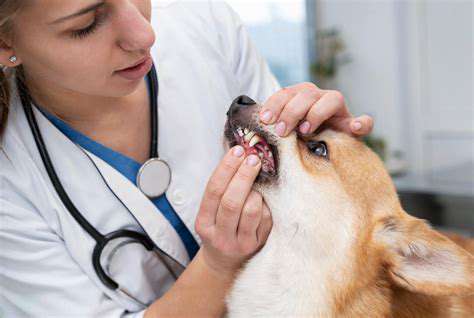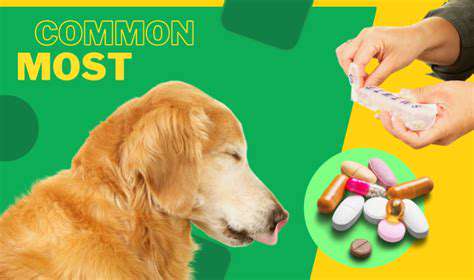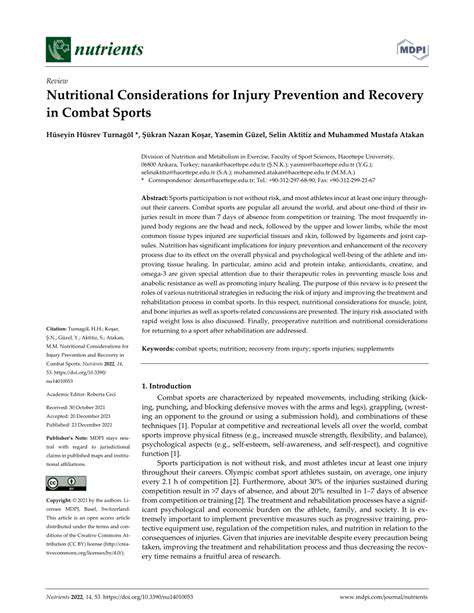Guide to Understanding Pet Medications
Understanding Pet Medication Instructions

Understanding Pet Medication Instructions
Properly administering pet medication is crucial for their health and well-being. Misinterpretation or improper dosage can lead to serious health complications, including organ damage or even death. Understanding the instructions is paramount for ensuring your pet receives the correct treatment.
Always carefully read the entire package insert provided by the veterinarian or pharmacist. Pay close attention to the dosage, frequency, and duration of administration, as well as any special instructions regarding food or water.
Dosage and Frequency
Pet medications are typically measured in milligrams (mg) or milliliters (mL) per unit of weight. Always use the prescribed dosage and frequency as directed by your veterinarian. Never adjust the dosage without consulting your veterinarian, as incorrect dosage can be harmful to your pet.
The frequency of administration may vary depending on the medication and your pet's condition. Some medications need to be given multiple times a day, while others may only require administration once or twice a day.
Route of Administration
Pet medications can be administered orally, topically, or by injection. Oral medications are typically given in pill or liquid form, while topical medications are applied directly to the skin. Injections are usually performed by a veterinarian or trained veterinary technician.
Understanding the route of administration is essential for ensuring that the medication reaches its intended target and is absorbed effectively. Incorrect administration methods can lessen the effectiveness of the medication.
Storage and Handling
Proper storage is critical for maintaining the potency and safety of pet medications. Store medications in a cool, dry place, away from direct sunlight and out of reach of children and pets. Follow the specific storage instructions provided on the packaging.
Always use clean and sterile instruments for handling and administering medications, especially if the medication is injectable. This helps to prevent contamination and infection.
Important Considerations for Specific Medications
Some medications may require special handling or precautions. For example, some medications should be given with food, while others should be given on an empty stomach. Always consult your veterinarian for specific instructions related to your pet's medication.
Certain medications may interact with other medications or supplements. It's essential to inform your veterinarian about all medications and supplements your pet is currently taking.
Monitoring Your Pet's Response
After starting pet medication, closely monitor your pet for any signs of adverse reactions. These may include vomiting, diarrhea, lethargy, or loss of appetite. If you notice any concerning symptoms, contact your veterinarian immediately.
Regular check-ups with your veterinarian are essential to monitor your pet's response to the medication and adjust treatment plans as needed. This ensures that your pet receives the best possible care and that the medication is working effectively.

Potential Side Effects and Adverse Reactions
Potential Gastrointestinal Issues
Many pet medications can cause gastrointestinal upset, ranging from mild discomfort to more severe problems. Symptoms might include vomiting, diarrhea, loss of appetite, or abdominal pain. This is a common side effect that pet owners need to be aware of and should monitor their pets closely for any changes in their eating or elimination habits after administering medication. If these symptoms persist or worsen, it's crucial to contact your veterinarian immediately for guidance.
Skin Reactions and Allergies
Some medications can cause skin irritation, rashes, or allergic reactions in pets. These reactions can manifest as redness, itching, hair loss, or even more severe conditions. It's important to carefully observe your pet's skin for any unusual changes following medication administration. If you notice any signs of skin irritation, discontinue the medication and contact your veterinarian for appropriate advice and potential treatment options.
Certain medications, even if initially well-tolerated, can trigger allergic responses over time. This highlights the importance of careful monitoring and open communication with your veterinarian regarding any unusual reactions.
Liver and Kidney Impacts
Certain medications can have a significant impact on the liver and kidney function in pets. Chronic use of some drugs can lead to damage or impairment of these vital organs. Regular monitoring of liver and kidney function through blood tests, as advised by your veterinarian, is essential for pets on long-term medication regimens. The potential for organ damage is a serious concern, underscoring the importance of professional veterinary guidance.
Neurological Effects
Some medications can affect the nervous system, leading to various neurological side effects. These effects can range from mild incoordination or tremors to more severe seizures or paralysis. Closely observe your pet for any changes in behavior, coordination, or neurological function. If you notice any such changes, immediately contact your veterinarian for appropriate assessment and intervention.
Behavioral Changes
While not always immediately apparent, some medications can induce behavioral changes in pets. These changes can include increased or decreased activity levels, aggression, anxiety, or depression. Monitoring your pet's behavior closely after starting a new medication is crucial. If you notice any significant changes, consult your veterinarian to determine if the medication is the cause and discuss potential adjustments to the treatment plan.
Drug Interactions and Overdose
It's important to be aware of potential drug interactions when administering multiple medications to your pet. Mixing certain medications can lead to adverse reactions or reduced effectiveness. Always discuss all medications your pet is taking with your veterinarian, including over-the-counter medications and supplements. Overdosing on any medication can result in serious health complications. Always follow the dosage instructions provided by your veterinarian precisely and seek immediate veterinary attention if you suspect an overdose.
Important Considerations for Pet Medication Safety

Pre-Adoption Research
Thorough research into the specific needs of different pet types is crucial before bringing an animal into your home. Understanding the breed-specific temperaments, exercise requirements, and potential health issues associated with a particular animal is vital. This research should encompass not only the breed itself but also the age and sex of the animal, as these factors can significantly impact their behavior and needs. Failing to do adequate research can lead to unforeseen challenges and difficulties in providing optimal care for your new pet.
Consider the lifestyle you lead and how it might affect the animal's well-being. If you have a busy schedule, a high-energy dog might not be the best fit. Conversely, a quiet, indoor cat might thrive in a less active household. Equally important is understanding your personal ability to dedicate time and resources to meet the pet's needs.
Financial Preparedness
Adopting a pet involves ongoing financial obligations that extend beyond the initial adoption fee. These costs include food, veterinary care, grooming, toys, and any necessary supplies. Accurately assessing these expenses is essential to ensure you can comfortably provide for your pet's needs throughout its life. Failing to adequately budget for these costs can lead to financial strain and compromise the pet's well-being.
Expenses can vary significantly depending on the type of pet, its breed, and individual health needs. It's important to factor in potential unexpected veterinary bills, which can quickly become substantial if not planned for. Having a clear understanding of these costs before taking in a pet will help avoid future financial stress.
Environmental Considerations
Before bringing a pet home, carefully assess your living space and how it can accommodate the animal's specific needs. A small apartment might not be suitable for a large dog requiring extensive exercise, while a house with a backyard might be perfect for a playful kitten. Ensure you have adequate space for the pet to play, rest, and explore.
Creating a safe and enriching environment is crucial for the pet's well-being. This includes providing appropriate bedding, toys, and access to fresh water. A lack of consideration for the environment can lead to stress and behavioral problems in the pet.
Long-Term Commitment
Adopting a pet is a long-term commitment that requires dedication, patience, and understanding. Be prepared for the challenges and responsibilities that come with providing care for an animal throughout its life. This includes providing consistent care, addressing health issues, and adjusting to the changes in behavior that may occur throughout your pet's life cycle.
Remember that pets are living beings with their own personalities and needs. Adaptability and flexibility are essential to ensure a happy and healthy relationship with your new companion. Be prepared to adjust your lifestyle to accommodate the needs of your new pet.
Read more about Guide to Understanding Pet Medications
Hot Recommendations
- Review: [Specific Brand] Small Animal Cage
- Why Rescuing Pets Saves Lives
- Best Pet First Aid Kits [What to Include]
- How to Help Stray Animals in Your Community
- Guide to Adopting a Pet When You Have Kids
- Top Reptile Heat Lamps
- Heartwarming Rescue Stories That Will Inspire You
- Review: [Specific Brand] Bird Cage
- Best Aquarium Filters [2025 Review]
- Review: [Specific Brand] Smart Litter Box

![Best Dog Food Brands in 2025 [Review & Comparison]](/static/images/33/2025-06/Budget-FriendlyOptions3AMeetingNeedsonaTightBudget.jpg)






![My Experience Adopting a Cat [Story]](/static/images/33/2025-07/ANewChapter3AEmbracingtheUnexpected.jpg)


